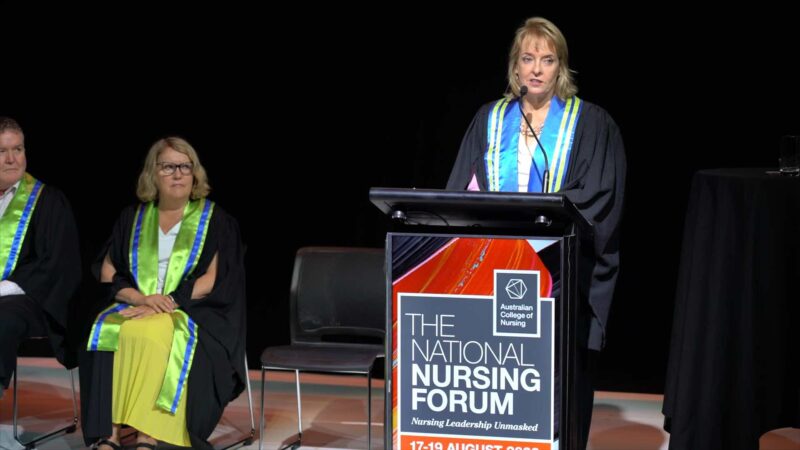RESEARCHER PROFILE (Filmed May 2024)
Dr Shelley Keating AES AEP ESSAM
Senior Lecturer, Clinical Exercise Physiology and Accredited Exercise Physiologist
School of Human Movement and Nutrition Sciences
The University of Queensland
Dr Shelley Keating is a Senior Lecturer in Clinical Exercise Physiology and Accredited Exercise Physiologist from the School of Human Movement and Nutrition Sciences at the University of Queensland. With a strong grounding in exercise metabolism and body composition, Dr Keating’s research centres on the utility of exercise as a therapy for obesity and related cardiometabolic conditions, notably metabolic dysfunction-associated steatotic liver disease (MASLD).
Dr Keating has an established research profile that is delivering impact for patients and clinicians. Her research has led to the development of safe and feasible exercise programs that generate significant improvement in the cardiometabolic health of individuals with MASLD and related chronic disease. Drawing on these findings, Dr Keating has developed national and international exercise guidelines for MASLD. Her research has led to a paradigm shift in how exercise is prioritised in MASLD management and has been adopted into exercise prescription recommendations in 15 international guidelines for MASLD management across 12 countries.
Dr Keating’s research had found a lack of awareness, uptake, and sustainability of exercise for MASLD management. Her ongoing program of research is informed by, and co-designed with, people with MASLD and related chronic disease, to find sustainable exercise solutions.
Her contribution to the field was recognised by the prestigious 2020 Australia and New Zealand Obesity Society Young Investigator award. Shelley has been an ESSA (Exercise & Sports Science Australia) member since 2007 and has 16 years of clinical AEP experience in people with cardiometabolic disease including MAFLD.
Her mission is to change the way that exercise is prioritised, accessed, and delivered to improve the health and wellbeing of people with MASLD and related type 2 diabetes.
Source: Supplied & ESSA (Exercise & Sports Science Australia)
Note: AES is the acronym for Accredited Exercise Scientist (AES), AEP is the acronym for Accredited Exercise Physiologist, ESSAM is the acronym for Exercise & Sports Science Australia Member.
You Might also like
-
Professor Sandy Middleton
NURSING RESEARCH INSTITUTE, ST VINCENT’S HEALTH NETWORK SYDNEY, ST VINCENT’S HOSPITAL MELBOURNE AND AUSTRALIAN CATHOLIC UNIVERSITY
NEW SOUTH WALES, AUSTRALIA -
CASE STUDY Role of Exercise in Metabolic Associated Fatty Liver Disease
Dr. Shelley Keating AES AEP* is an Accredited Exercise Physiologist, a researcher, and a senior lecturer at the School of Human Movement and Nutrition Sciences at the University of Queensland in Brisbane, Australia. Dr. Keating’s research primarily focuses on the role of exercise in the management of metabolic dysfunction associated steatotic liver disease (MASLD), previously known as non-alcoholic fatty liver disease. MASLD affects a significant portion of the global adult population, with many individuals unaware of their condition.
-
Public health and research into Ear, Nose and Throat conditions
Associate Professor Paul Paddle is an Ear, Nose and Throat (ENT) surgeon, head and neck surgeon with fellowship training in Laryngology – Voice, airway and Swallowing disorders. Working at Monash Health and Monash Children’s hospital, Paul has extensive experience managing a wide range of paediatric ENT conditions, from neonates to adolescents. He is also an active researcher in paediatric obstructive sleep apnoea and sleep disorders.



